Events
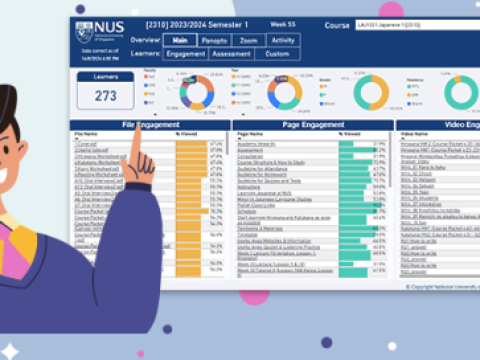
- Wed, 19 Feb 2025 • 10:00 AM
The Learning Analytics Dashboard provides an interactive, historical, personalized, and analytical monitoring display that reflects students’ learning pattern, status, performance, and engagement.
In this session, you will be introduced to the...
- Open to NUS Staff only

- Fri, 14 Feb 2025 • 10:00 AM
Mid-semester feedback is a powerful tool for strengthening the student-teacher relationship and improving teaching practices. Unlike end-of-semester evaluations, which often focus on faculty “performance,” mid-semester feedback provides an opportunity for...
- Open to NUS Staff only

- Thu, 13 Feb 2025 • 02:00 PM
This workshop is designed to support faculty in effectively merging asynchronous and synchronous learning environments while maintaining an active, engaging experience. The focus will be on fostering social presence, a...
- Open to NUS Staff only

- Wed, 12 Feb 2025 • 02:00 PM
This beginner-level workshop introduces participants to text-based Generative AI (GenAI) tools such as ChatGPT, Claude, and Copilot. The session focuses on ChatGPT for hands-on activities, beginning with a brief demonstration...
- Open to NUS Staff only
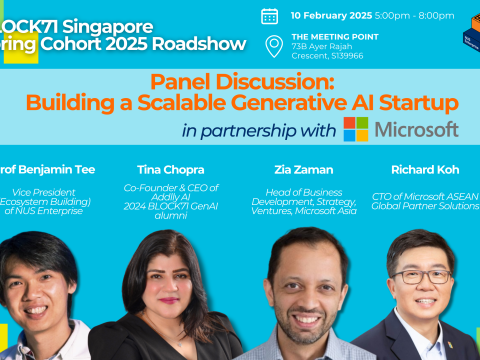
- Mon, 10 Feb 2025 • 05:00 PM
Join us for a panel discussion on "Building a Scalable Generative AI Startup", where industry leaders will share their insights, experiences, and strategies for scaling in this transformative space....
- Open to Public

- Fri, 07 Feb 2025 • 10:00 AM
Building strong relationships through communication and collaboration is key to fostering deep learning in university settings. In this workshop, you'll explore how to effectively facilitate these connections using Canvas. We...
- Open to NUS Staff only
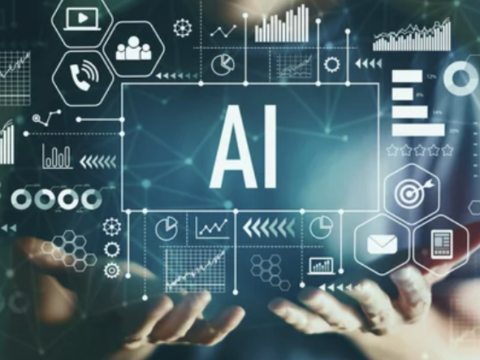
- Thu, 06 Feb 2025 • 02:00 PM
AI-powered tools are available to increase the efficiency of producing self-recorded videos. Despite their availability, many faculty members are unaware of the transformative potential these tools. Join us for a...
- Open to NUS Staff only
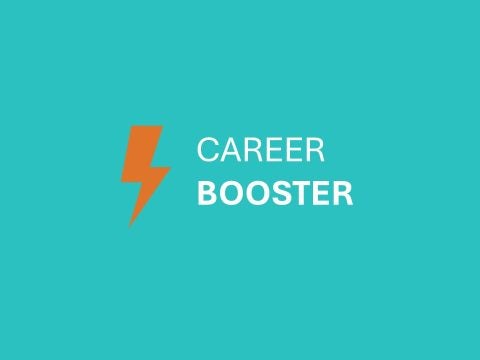
- Tue, 04 Feb 2025 • 04:00 PM
Join this pre-event workshop for NUS Career Fest 2025 to learn how to leverage on AI to boost productivity and confidence in resume drafting.
...
- Open to NUS AlumNUS, Open to NUS Students only

- Tue, 04 Feb 2025 • 10:00 AM
Discover the productivity boost of generative AI as your teaching assistant! Explore effective strategies for prompt engineering and iterative refinement. Engage in hands-on activities to explore how ChatGPT can assist...
- Open to NUS Staff only

- Wed, 22 Jan 2025 • 03:30 PM
The Learning Analytics Dashboard provides an interactive, historical, personalized, and analytical monitoring display that reflects students’ learning pattern, status, performance, and engagement.
In this session, you will be introduced to the...
- Open to NUS Staff and Students
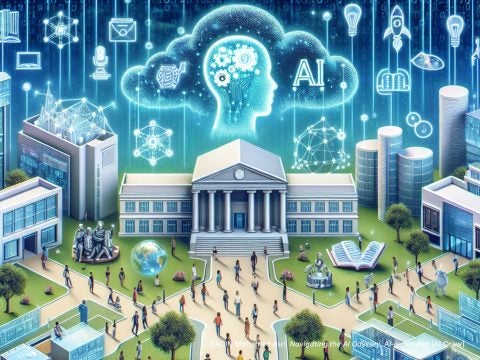
- Wed, 22 Jan 2025 • 03:00 PM
Join Dr Mohamed Fadhil & Dr Jurgen Rudolph as they explore the opportunities and threats of GenAI in higher education. [Registration closed due to overwhelming response]...
- Open to NUS Staff and Students

- Thu, 16 Jan 2025 • 03:30 PM
The Learning Analytics Dashboard provides an interactive, historical, personalized, and analytical monitoring display that reflects students’ learning pattern, status, performance, and engagement.
In this session, you will be introduced to the...
- Open to NUS Staff and Students

